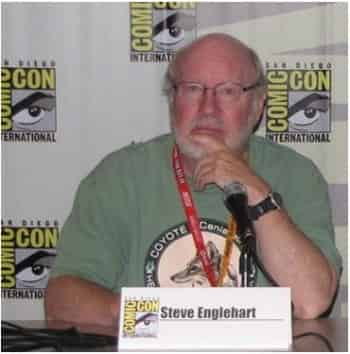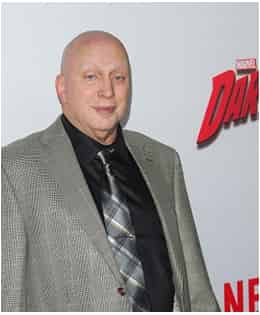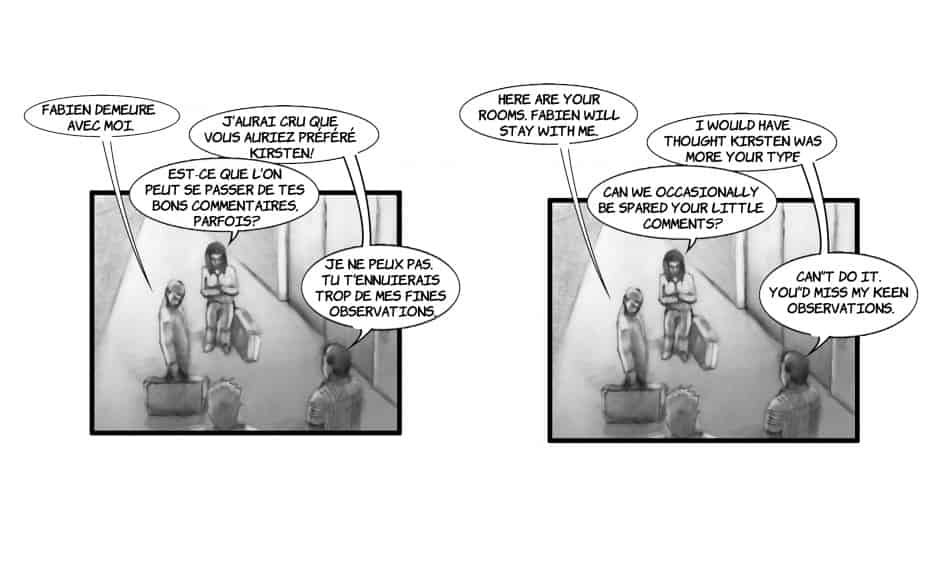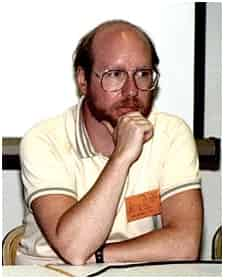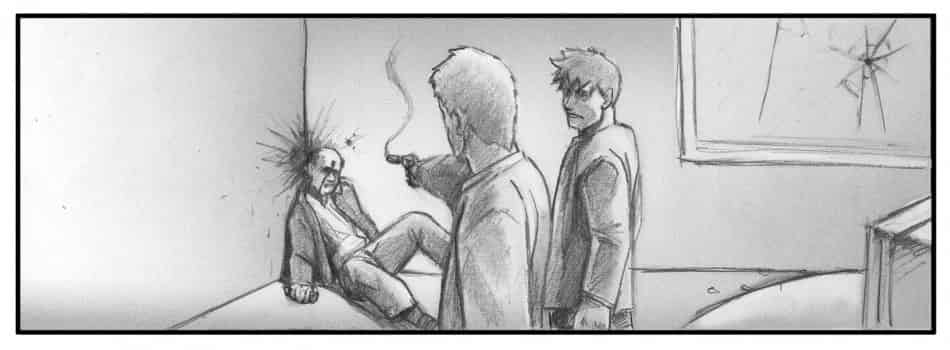Bonus
-
More again Steve Englehart
In October 2010, Jeffery Kleahn (jeffreyklaehn.blogspot.com) interviewed Steve Englehart, who said: “If you’re trying to write thrillers like I do, you need a coherent plot, at least as a framework. But then you have to let the characters be who they are.” We feel that such respect for the character is essential. Otherwise, characters become mere mouthpieces for the authors, at the expense of psychological unity.
-
Roger McKenzie
On the site daredevil.omegacen.com, which tracks different eras in the Daredevil narrative, a whole chapter is dedicated to the stories created by Roger McKenzie. It says that “McKenzie was more interested in standard comic super-heroics, and those people who follow the issues […].” When we think about these writers who blend into the environments they must write about, we spare a thought for all of the Roger McKenzies of the world who may not have left a mark on comic book history, but left a mark in our memory with their elegant storytelling.
-
Lost in the layout : Baptism of Fire
-
More on Steve Englehart
In October 2010, Jeffery Kleahn (jeffreyklaehn.blogspot.com) interviewed Steve Englehart, who said: “I was writing Captain America and America was transfixed by Watergate, and I couldn’t see how Captain America could NOT react to that – so I started commenting on real-world events. I found that even though I was writing fantasy, the more firmly it grounded in reality, the better it was.” In our opinion, this connection with reality allows readers to have something in common with the fictional character.
-
Behind the Scenes : Baptism of Fire
In this story, the murder of Shumen Datta served three purposes. First it showed the subtleness of the Black Orchestra’s mission: they don’t define themselves as uncompromisingly good guys. Second, it demonstrated that Benson is a good soldier who obeys without much discussion, and third, that Fabien is very naïve about his own role.



